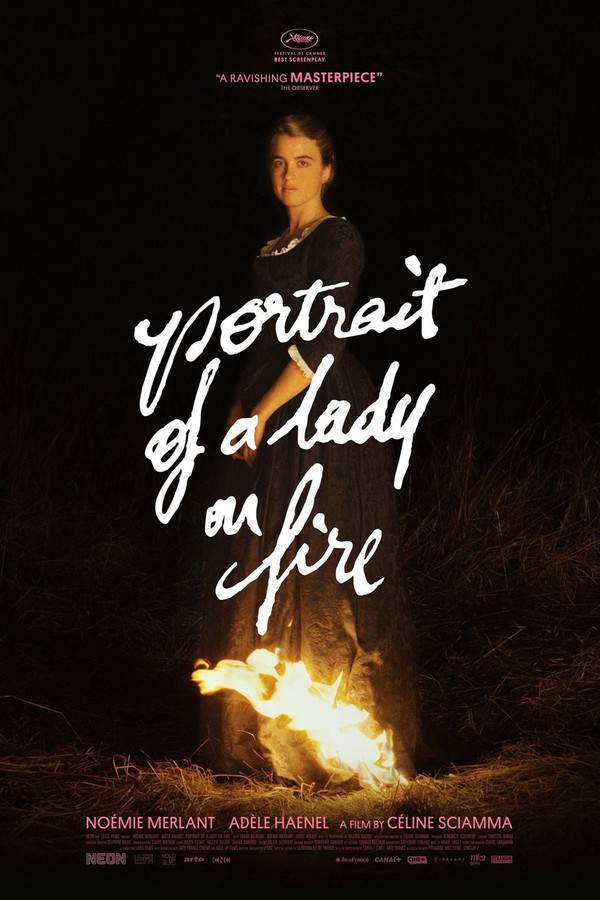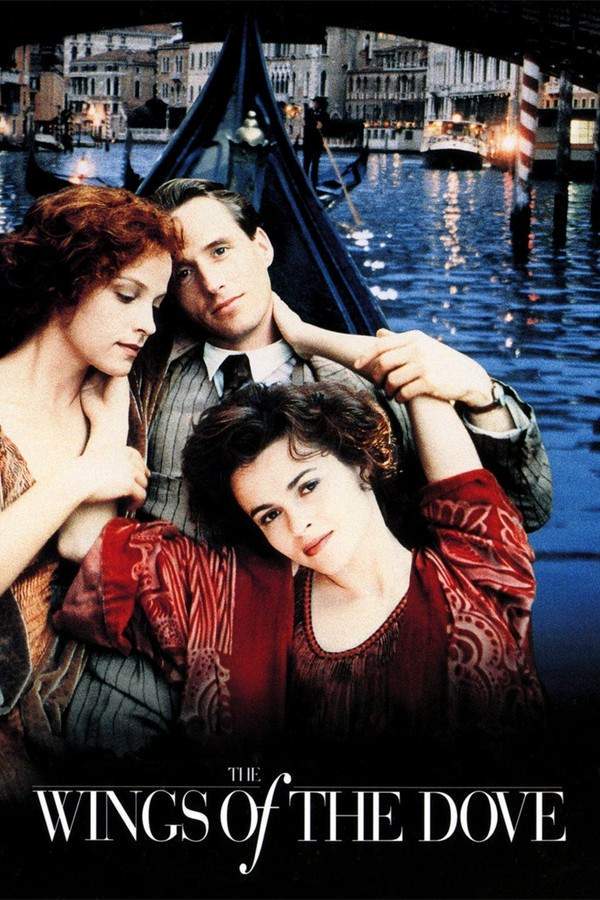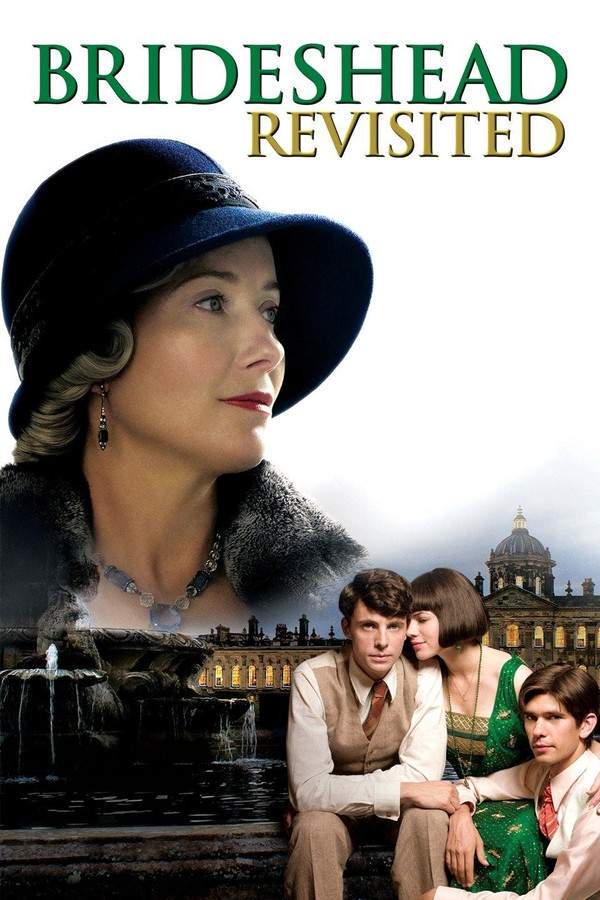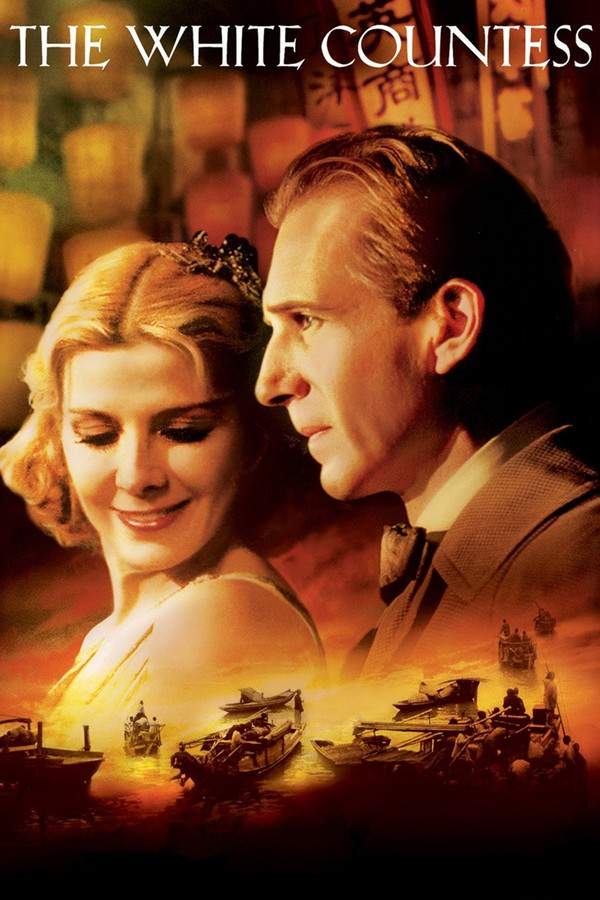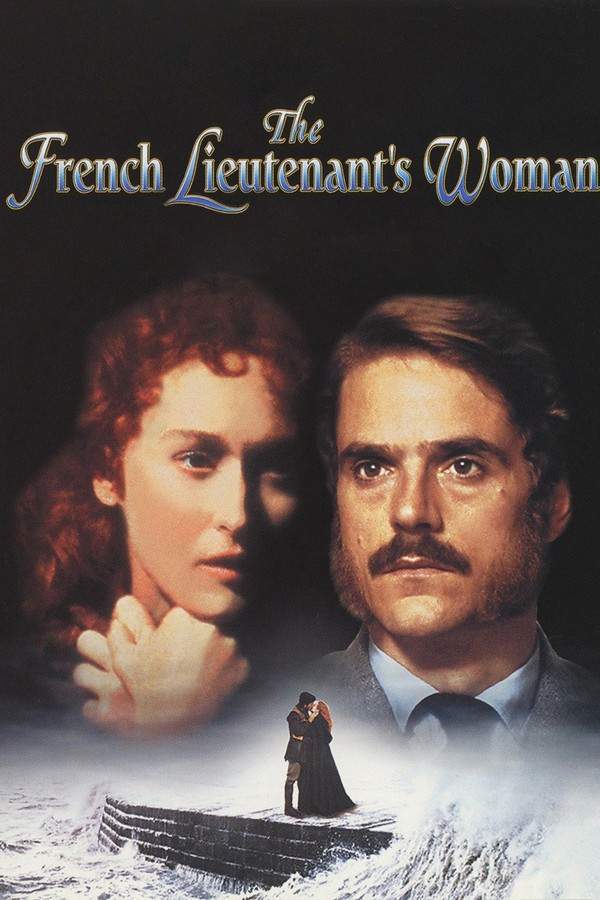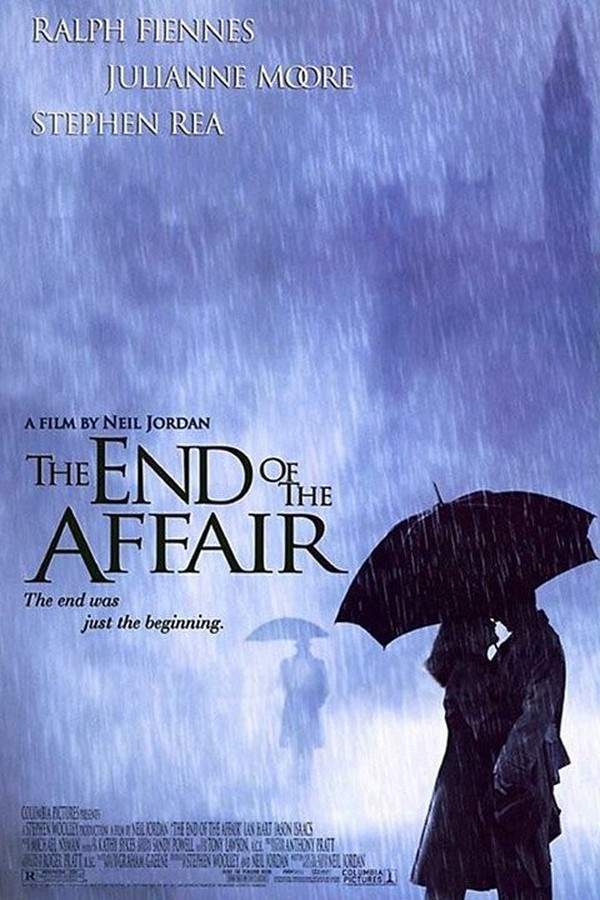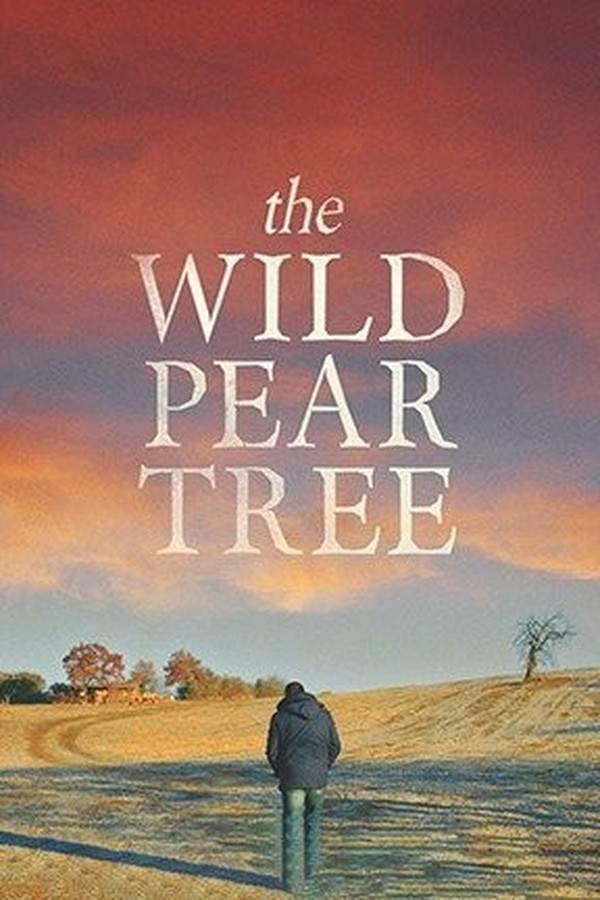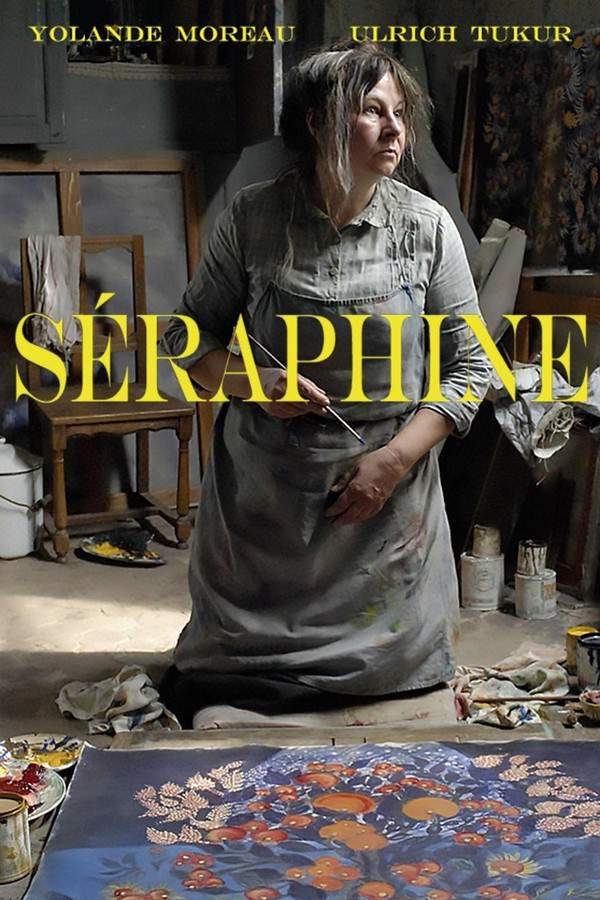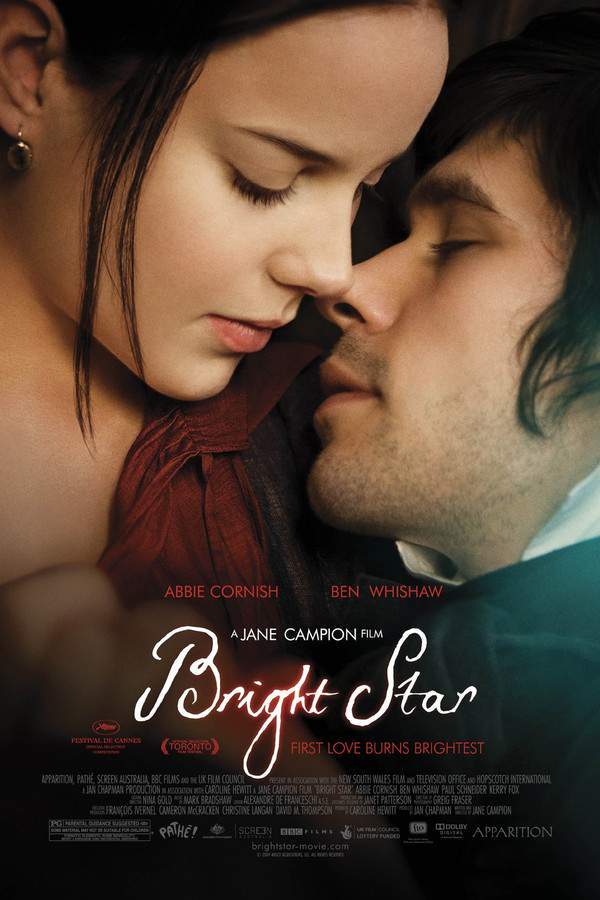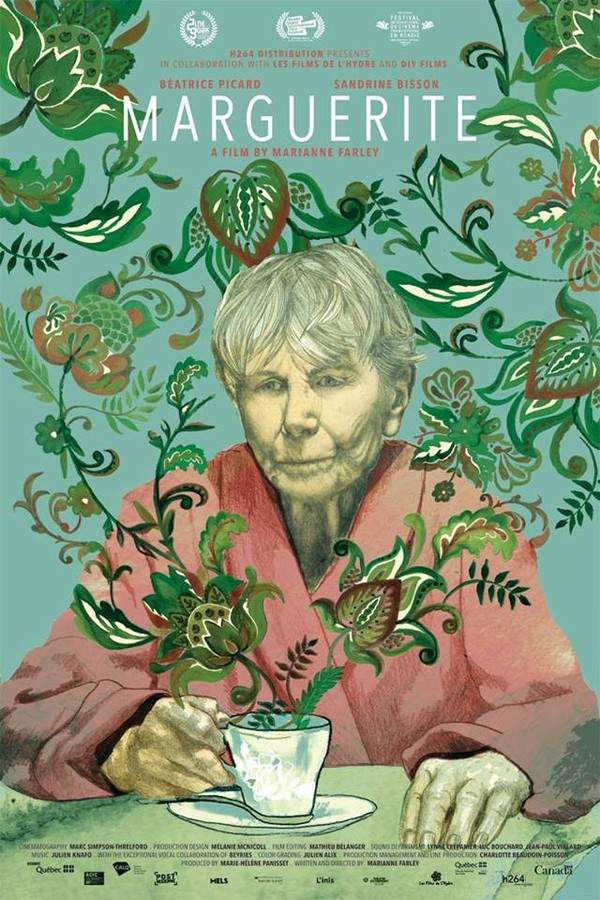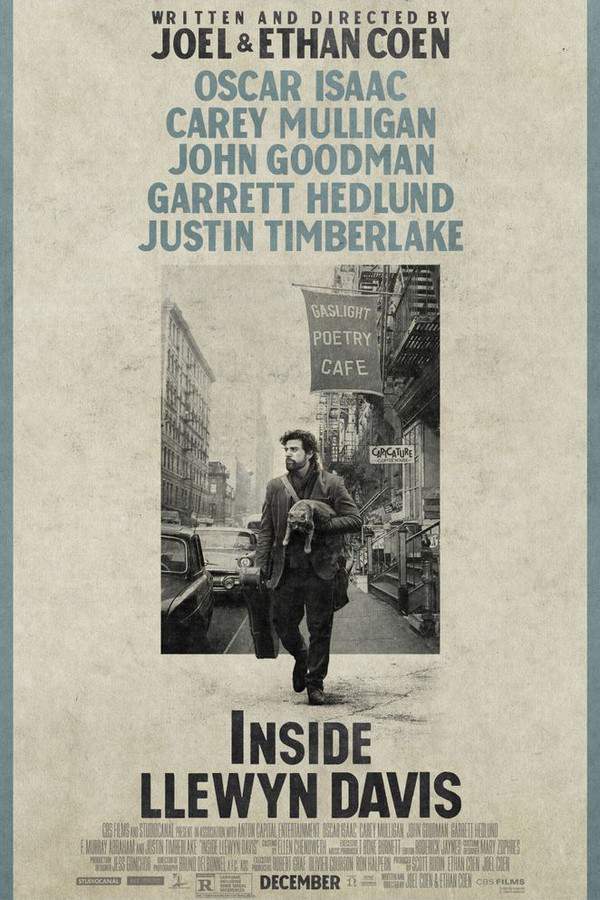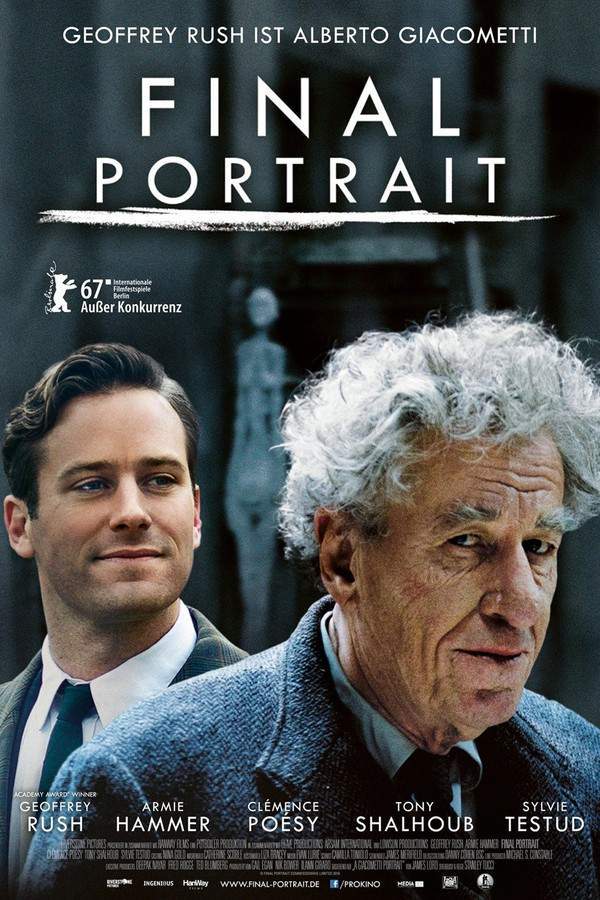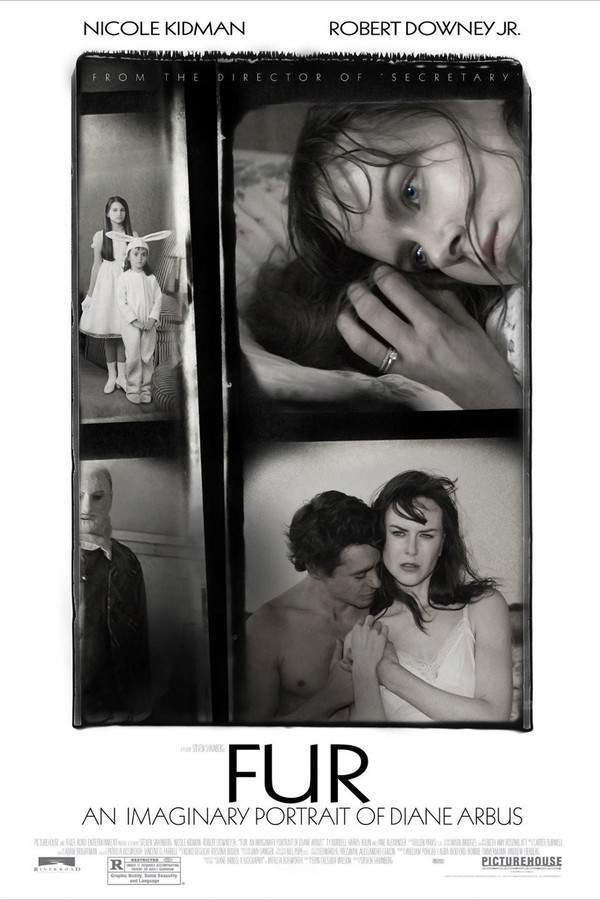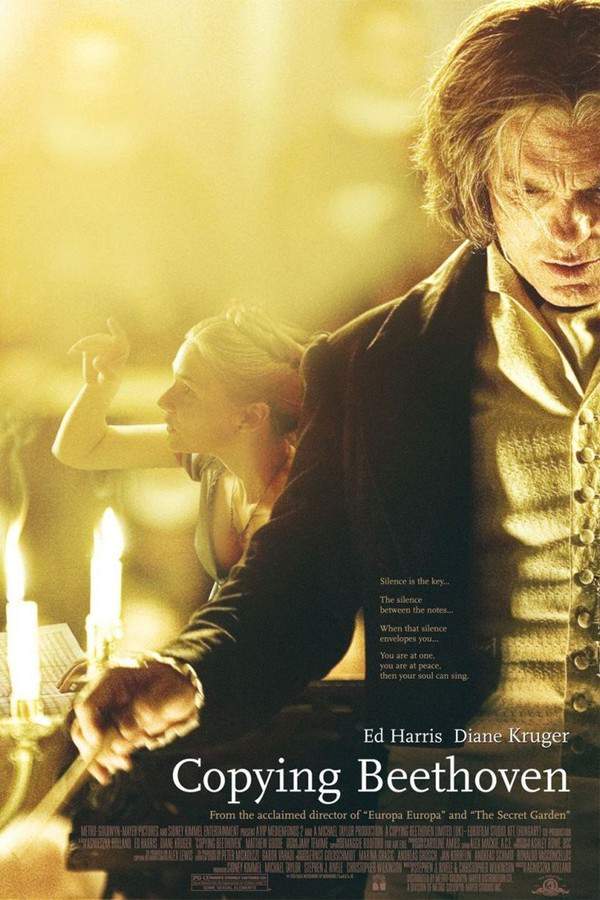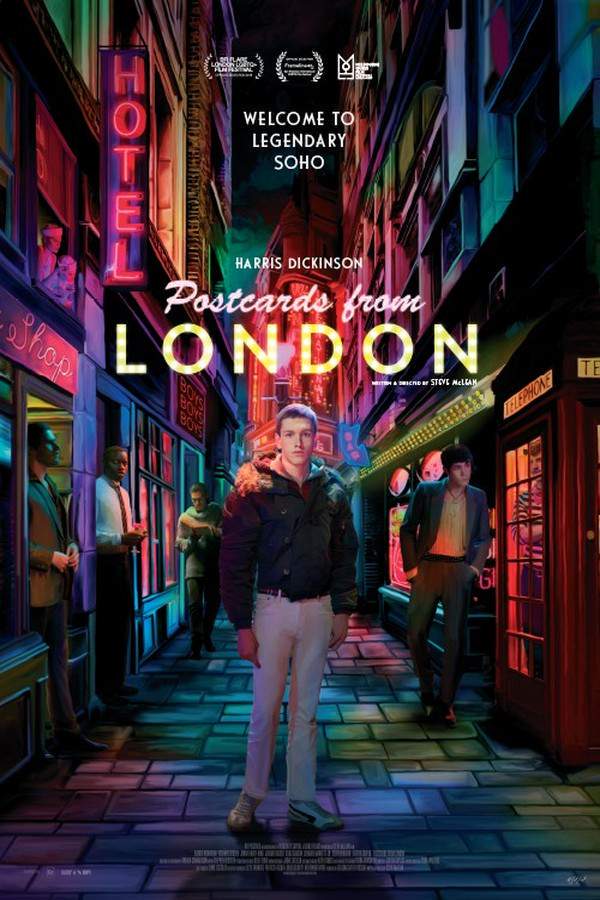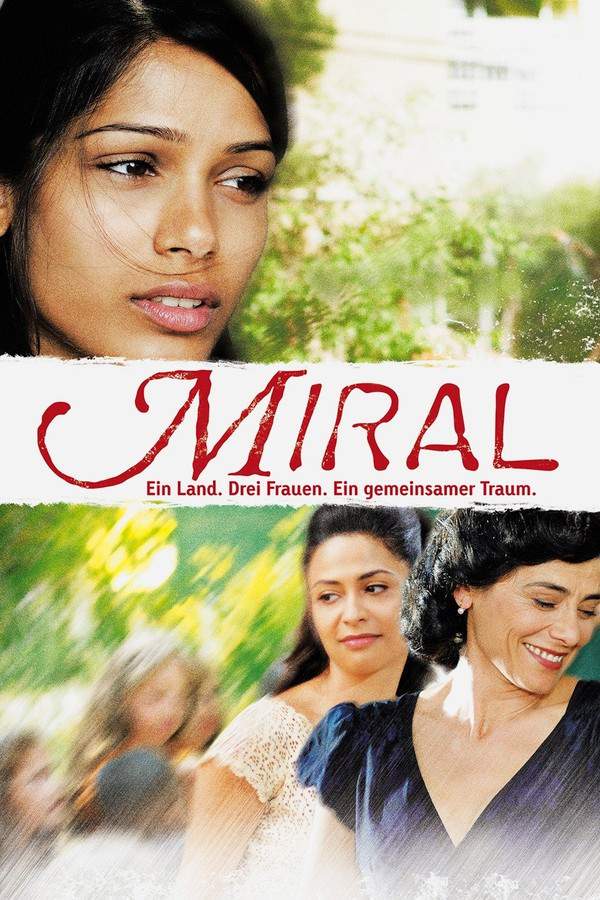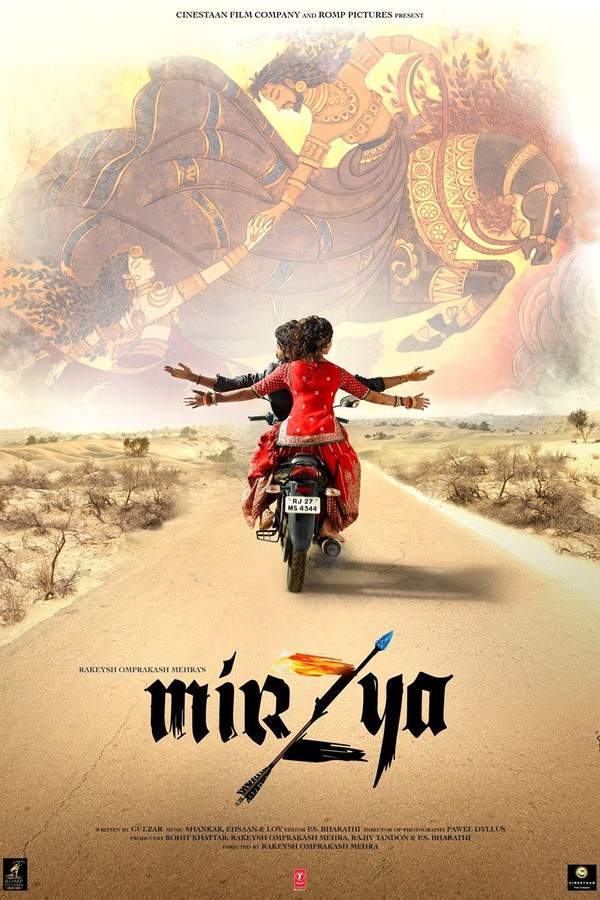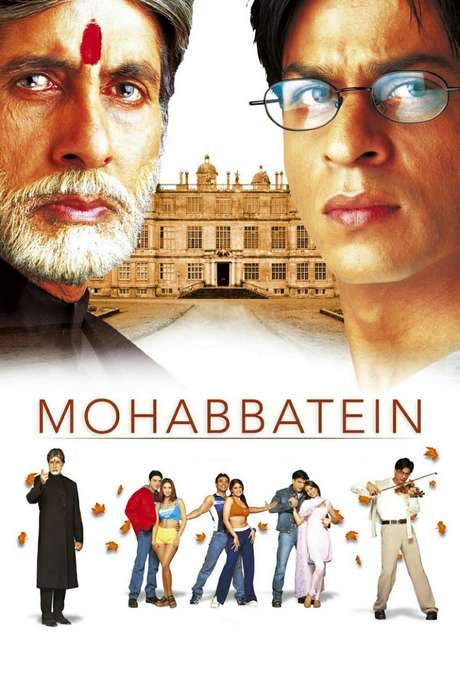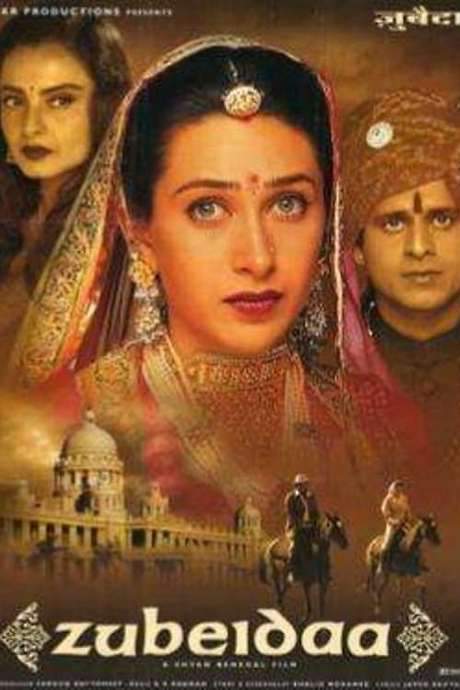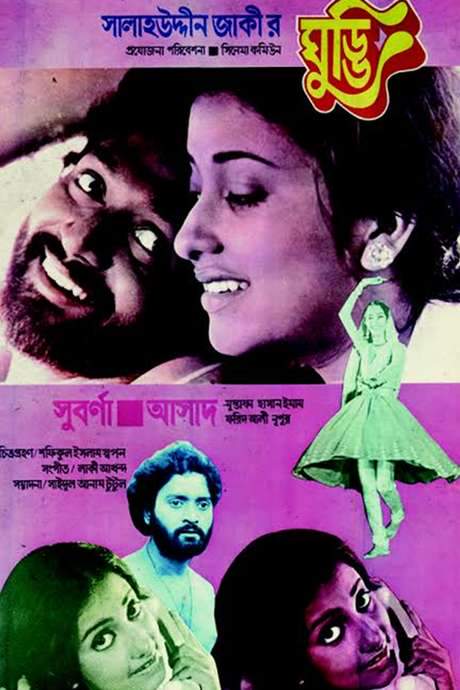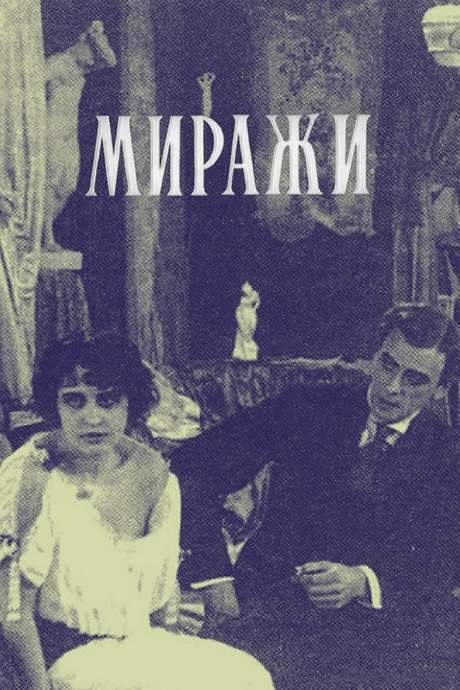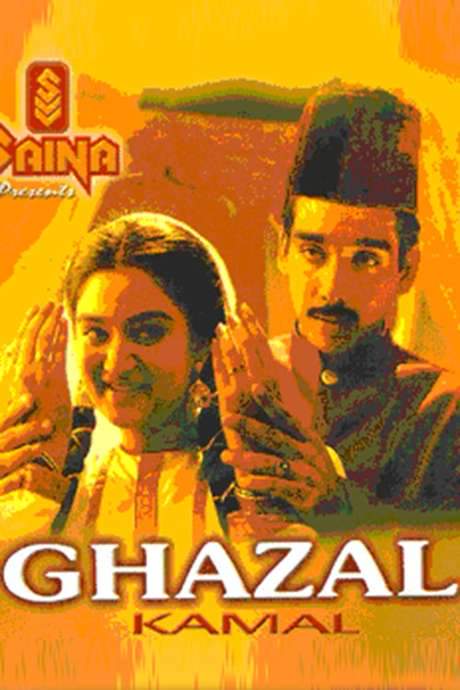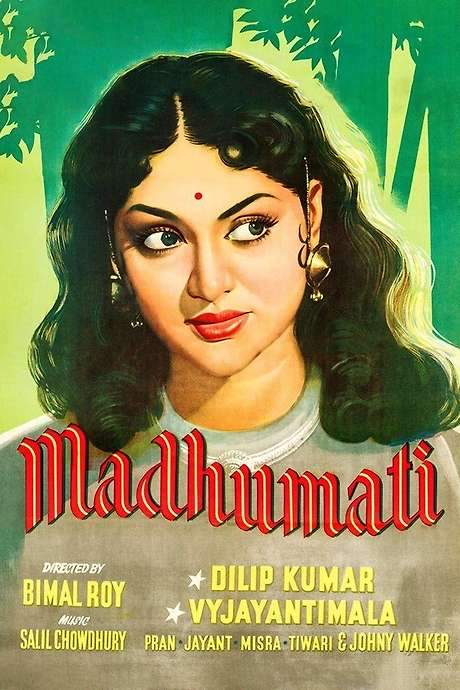
Mirza Ghalib
Year: 1954
Runtime: 145 mins
Language: Urdu
Director: Sohrab Modi
A fictionalized portrait of poet‑noble Mirza Ghalib living under the last Mughal emperor, centered on his doomed romance with the beautiful courtesan Chaudhvin, revealing the personal and cultural tensions of a fading empire.
Warning: spoilers below!
Haven’t seen Mirza Ghalib yet? This summary contains major spoilers. Bookmark the page, watch the movie, and come back for the full breakdown. If you're ready, scroll on and relive the story!
Mirza Ghalib (1954) – Full Plot Summary & Ending Explained
Read the complete plot breakdown of Mirza Ghalib (1954), including all key story events, major twists, and the ending explained in detail. Discover what really happened—and what it all means.
Set in the twilight years of the Mughal era, during the reign of Bahadur Shah Zafar, this film follows the life of the renowned poet Mirza Ghalib [Bharat Bhushan] as he negotiates fame, desire, and the practical burdens of debt in a changing Delhi. The story foregrounds a delicate triangle of art, longing, and social constraint, weaving together literature, loyalty, and the fragility of human bonds.
The heart of the drama centers on Moti Begum, later known as Chaudhvin Begum, whose ardent love for Ghalib blossoms through song and reverence. Moti Begum, [Suraiya], is introduced through her radiant devotion to the poet’s work, even before she learns what the man herself looks like. When Ghalib encounters her, he is struck by the fervor she reserves for his verses and by her striking presence, which turns into a cautious flirtation that brightens his dark moments. He teases her about his own fame, and she defends him with a sincerity that draws him back again and again. The moment is underscored by the visit of the Kotwal Hashmat Khan, who only adds to the tension by presenting a transcript of a new ghazal Ghalib has recited, marking the start of a complicated web of attraction and power.
As the tale unfolds, Ghalib’s life is pulled in several directions at once. He has a wife, Umrao Begum [Nigar Sultana], a devout and supportive partner who endures poverty with patience and affection, even as she senses Ghalib’s growing preoccupation with another woman. The poet’s world also features a moneylender, Lala Mathuradas [Mukri], whose relentless demand for repayment gnaws at Ghalib’s already strained finances, reminding him that even genius must contend with material worry.
Chaudhvin Begum’s circumstances grow perilous when the Kotwal Hashmat Khan turns his interest toward her and pressures Chaudhvin’s mother to arrange a marriage, backing it with a substantial bride price. The family’s economic hardship makes the offer dangerously tempting, and Chaudhvin’s mother hopes to secure her daughter’s future by any means necessary. In a moment of desperation, Chaudhvin writes to Ghalib, asking for help, and entrusts her plea to a courier who carries it with practiced nonchalance. The request forces Ghalib to confront a choice between moral duty and practical survival, prompting him to pool his resources—though not without a last-minute struggle that lands him in the difficult position of borrowing money to intervene.
The consequences ripple through the household. Chaudhvin’s mother experiences a transformation, driven by a mother’s love and fear, and she resists the Kotwal’s plan with renewed resolve. The Kotwal, outraged by the turn of events, vows vengeance, setting the stage for a tense clash between personal desire and social retribution. Throughout, Ghalib’s love for Chaudhvin deepens, even as Umrao Begum’s devotion to her husband remains steadfast, creating a complex balance between fidelity, affection, and the evolving political landscape of a Delhi under the shadow of British influence.
Against this intimate drama runs a broader backdrop: a city in transition, where power shifts from sovereign rulers to a British Resident, and the palace and its courtyards become stages for shifting loyalties and delicate power plays. The film uses these historical currents to intensify the emotional stakes, showing how a poet’s genius can illuminate a life while also complicating it through personal choices, social expectations, and the precariousness of love.
The cast threads through the story with vivid characters whose voices and destinies intertwine. Mirza Ghalib [Bharat Bhushan] stands at the center, a genius who seeks resonance in a world that often fails to hear him. Chaudhvin Begum, the luminous muse and troubled beloved, is brought to life by [Suraiya], whose performance colors her character with tenderness and danger. Umrao Begum, the pious and resilient wife, is portrayed by [Nigar Sultana], whose presence underscores themes of devotion and endurance. Bahadur Shah Zafar, the emperor-turned-poet, is played by [Iftekhar], whose scenes frame the Mushaira’s prestige and the changing political order. The scheming Mufti Sadruddin is rendered with gravity by [Murad], while the vigilant Kotwal Hashmat Khan is given a sharp edge by [Ulhas]. The moneylender Mathuradas, whose grasping pragmatism drives plot moments, appears through [Mukri], and Chaudhvin’s mother is portrayed with warmth and grit by [Durga Khote], whose performance anchors the family’s struggles.
Together, these threads craft a narrative that is at once intimate and expansive: a poet’s private yearnings against a public world that rarely grants second chances, a marriage of convenience tested by affection and ambition, and a city whose eventual subjugation to a distant power both mirrors and magnifies the characters’ inner battles. The film remains faithful to its historical atmosphere while offering a richly textured, character-driven exploration of love, loyalty, and the costs of greatness.
Last Updated: October 09, 2025 at 11:20
Explore Movie Threads
Discover curated groups of movies connected by mood, themes, and story style. Browse collections built around emotion, atmosphere, and narrative focus to easily find films that match what you feel like watching right now.
Doomed historical romances like Mirza Ghalib
Forbidden love stories set against the backdrop of a crumbling society.If you enjoyed the tragic romance in Mirza Ghalib, you'll find similar stories in this thread. These movies feature passionate, forbidden love affairs set against sweeping historical change, where personal desire clashes with societal expectations, leading to bittersweet or tragic conclusions.
Narrative Summary
The narrative pattern follows lovers from different social strata whose union is forbidden. Their personal struggle for happiness is intertwined with larger historical events, often the decline of an era or empire. The story unfolds as a slow, inevitable march towards a conclusion where love is sacrificed to the immovable forces of tradition and time.
Why These Movies?
These films are grouped by their shared atmosphere of romantic yearning and historical melancholy. They blend the intimate drama of a love triangle with the epic scope of a changing world, creating a specific, poignant mood where personal loss mirrors a grander cultural loss.
Poetic artist biopics with the feel of Mirza Ghalib
Atmospheric explorations of artistic genius burdened by poverty and passion.Movies like Mirza Ghalib that explore the life of a poet or artist. These films capture the creative spirit amidst personal suffering, financial hardship, and complex romantic entanglements, all portrayed with a slow, poetic, and deeply atmospheric style.
Narrative Summary
The narrative follows the artist's journey, charting how their extraordinary talent is both a gift and a curse. The central conflict is internal (creative block, despair) and external (societal disapproval, poverty). The plot is often character-driven and episodic, emphasizing moments of creation and emotional crisis over a conventional rise-to-fame structure.
Why These Movies?
These films share a specific mood: a reflective, sometimes somber, appreciation for artistic creation born from struggle. They are united by a poetic visual and narrative style, a medium emotional weight, and a central character whose genius is inextricably linked to their personal suffering.
Unlock the Full Story of Mirza Ghalib
Don't stop at just watching — explore Mirza Ghalib in full detail. From the complete plot summary and scene-by-scene timeline to character breakdowns, thematic analysis, and a deep dive into the ending — every page helps you truly understand what Mirza Ghalib is all about. Plus, discover what's next after the movie.
Mirza Ghalib Timeline
Track the full timeline of Mirza Ghalib with every major event arranged chronologically. Perfect for decoding non-linear storytelling, flashbacks, or parallel narratives with a clear scene-by-scene breakdown.

Characters, Settings & Themes in Mirza Ghalib
Discover the characters, locations, and core themes that shape Mirza Ghalib. Get insights into symbolic elements, setting significance, and deeper narrative meaning — ideal for thematic analysis and movie breakdowns.

Mirza Ghalib Spoiler-Free Summary
Get a quick, spoiler-free overview of Mirza Ghalib that covers the main plot points and key details without revealing any major twists or spoilers. Perfect for those who want to know what to expect before diving in.

More About Mirza Ghalib
Visit What's After the Movie to explore more about Mirza Ghalib: box office results, cast and crew info, production details, post-credit scenes, and external links — all in one place for movie fans and researchers.

Similar Movies to Mirza Ghalib
Discover movies like Mirza Ghalib that share similar genres, themes, and storytelling elements. Whether you’re drawn to the atmosphere, character arcs, or plot structure, these curated recommendations will help you explore more films you’ll love.
Explore More About Movie Mirza Ghalib
Mirza Ghalib (1954) Scene-by-Scene Movie Timeline
Mirza Ghalib (1954) Movie Characters, Themes & Settings
Mirza Ghalib (1954) Spoiler-Free Summary & Key Flow
Movies Like Mirza Ghalib – Similar Titles You’ll Enjoy
Miral (2011) Ending Explained & Film Insights
Mirzya (2016) Complete Plot Breakdown
Mohabbatein (2000) Complete Plot Breakdown
Zubeidaa (2001) Ending Explained & Film Insights
Ghuddi (1980) Complete Plot Breakdown
Umrao Jaan (1981) Full Summary & Key Details
Mirch Masala (1987) Spoiler-Packed Plot Recap
Mirza Ghalib (1988) Detailed Story Recap
Mirages (1916) Full Movie Breakdown
Qamar 14 (2021) Detailed Story Recap
Baiju Bawra (1952) Plot Summary & Ending Explained
Reshma Aur Shera (1971) Movie Recap & Themes
Ghazal (1993) Full Movie Breakdown
Shiraz: A Romance of India (1928) Detailed Story Recap
Madhumati (1958) Full Summary & Key Details

